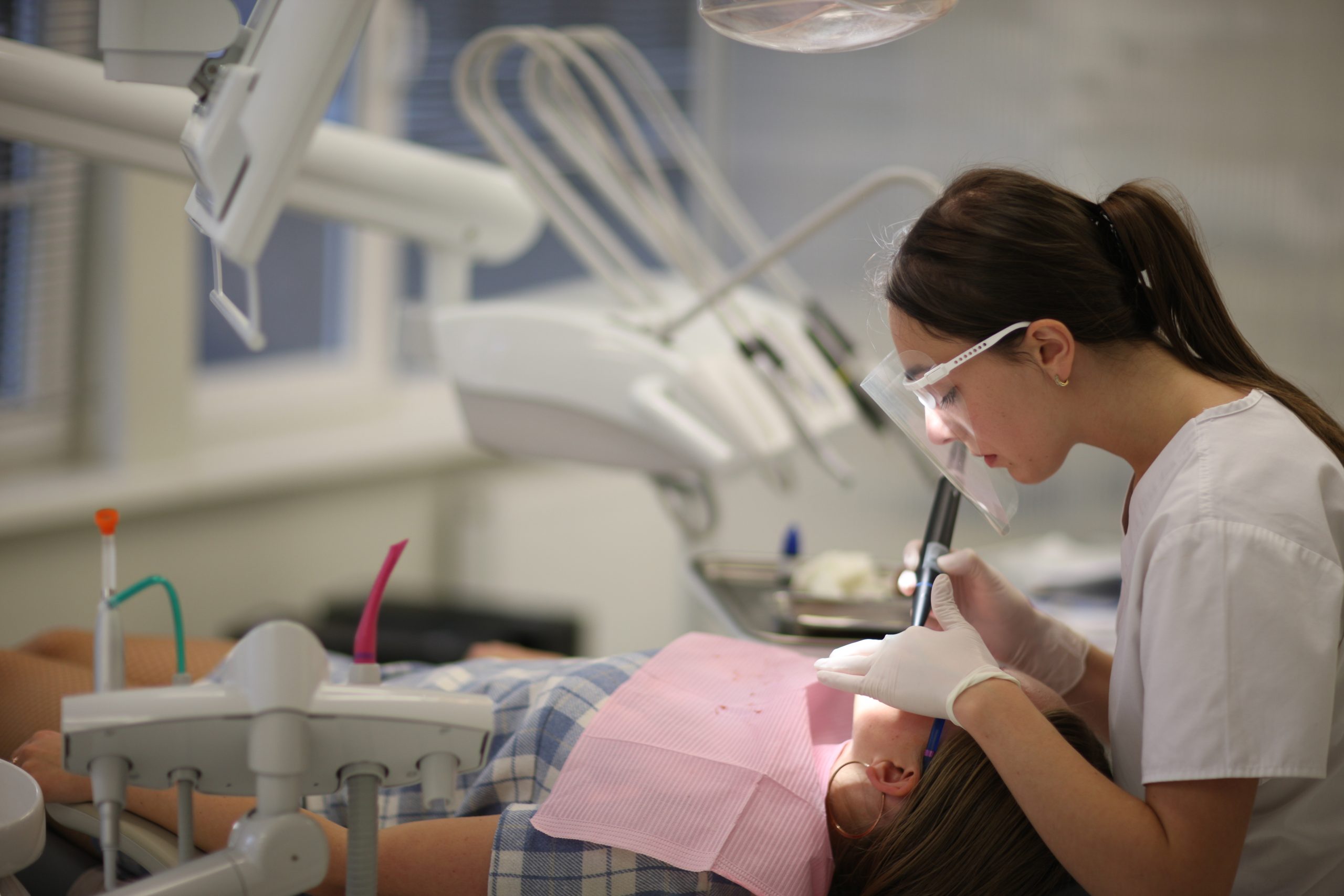
Why Restorative Dentistry Matters to Your Health and Wellness
Many people underestimate the importance of resotrative dentistry when it comes to their overall health and oral function. However, neglecting to take care of dental problems like cavities, broken teeth, and chipped enamel can have serious consequences for your health. The good news is that customized restorative dentistry procedures can benefit your oral health and overall well-being. And at Ablantis Dental in Encinitas, CA, Dr. Claudia Cortadi curates every restorative care plan to the individual needs of our patients.
What can be done to treat my cavities?
Cavities are one of the most common dental infections to experience and one of the most common diseases to affect children. A cavity will occur when bacteria in the mouth produce acid that erodes the enamel of your teeth. When left untreated, cavities can lead to tooth decay, abscesses, dental emergencies, and even tooth loss. Fortunately, restorative dentistry includes several effective treatment options for cavities.
One of the most common treatments for cavities is a filling, which involves removing the decayed portion of the tooth and filling the space with a durable material like composite resin or metal. In more severe cases, a crown may be necessary to protect the tooth and restore its function. If the decay has reached the inner pulp of the tooth, a root canal may be required to remove the infected tissue and prevent further damage.
Can a restorative dentist repair a broken tooth?
Yes, a restorative dentist can repair a broken tooth. When a tooth is cracked or broken, it can be painful and make it difficult to eat. Without treating it, the fracture will usually get worse, involving additional tooth structure and making it harder to repair. Restorative dentistry offers several solutions for broken teeth, depending on the severity of the damage.
If the crack or break is minor, a filling or dental bonding may be sufficient to restore the tooth’s shape and function. For more extensive damage, a crown may be necessary to protect the tooth and prevent further damage. In some cases, a root canal may be required to remove any infected tissue and restore the tooth’s health.
Can a chipped tooth be fixed with restorative dentistry?
Yes, a chipped tooth can be fixed with restorative treatments to restore comfort and aesthetics. A chipped tooth can be unsightly, but it can also cause pain and sensitivity in some instances, making it difficult to eat and speak. Restorative dentistry for chipped teeth will depend on the location and severity of the chipped tooth.
If the chip is minor and does not affect the tooth’s function, dental bonding or a filling may be used to restore the tooth’s appearance. For more extensive damage, a crown may be necessary to protect the tooth and prevent further damage. In some cases, veneers or inlays may be used to restore the tooth’s appearance and function.
Restorative Dentistry: Frequently asked questions
Q: What is restorative dentistry?
A: Restorative dentistry is a branch of dental care that focuses on restoring the function and shape of teeth that have been damaged or lost due to decay, disease, or injury.
Q: What are some common restorative dental procedures?
A: Common restorative dental procedures include fillings, crowns, bridges, dentures, and dental implants.
Q: Are restorative dental procedures painful?
A: Restorative dental procedures are generally not painful, as they are performed under local anesthesia to numb the area being treated. However, some patients may experience minor discomfort or sensitivity after the procedure, depending on the treatment they receive.
Q: How long do restorative dental procedures take?
A: The length of a restorative dental procedure depends on the type of procedure and the extent of the damage being repaired. Fillings and dental bonding typically take less than an hour, while more extensive procedures like crowns or implants may take a couple of separate appointments over the course of about two weeks.
Q: How long do restorative dental treatments last?
A: The longevity of a dental restoration depends on several factors, including the type of treatment, the quality of the materials used, and the oral hygiene habits of the patient. Other factors such as bruxism (teeth clenching and grinding) can also play a role.
Restorative Dentist in Encinitas, CA
Do you have a broken tooth or cavity? Call Ablantis Dental today to reserve an exam with Dr. Cortadi.



